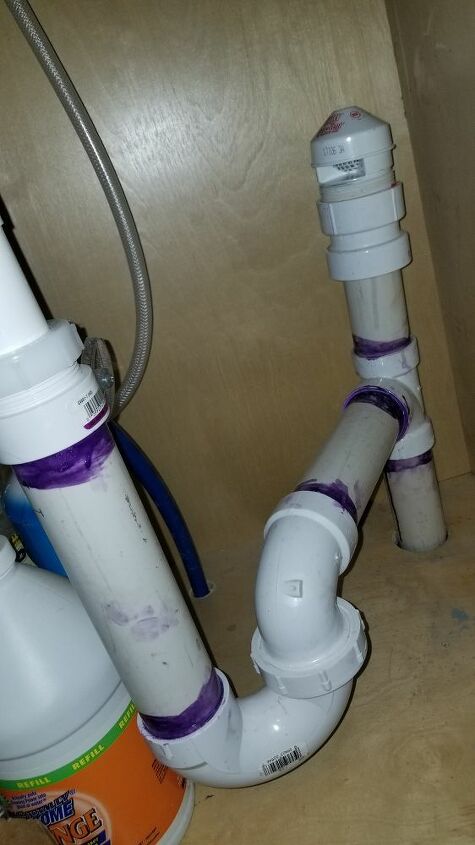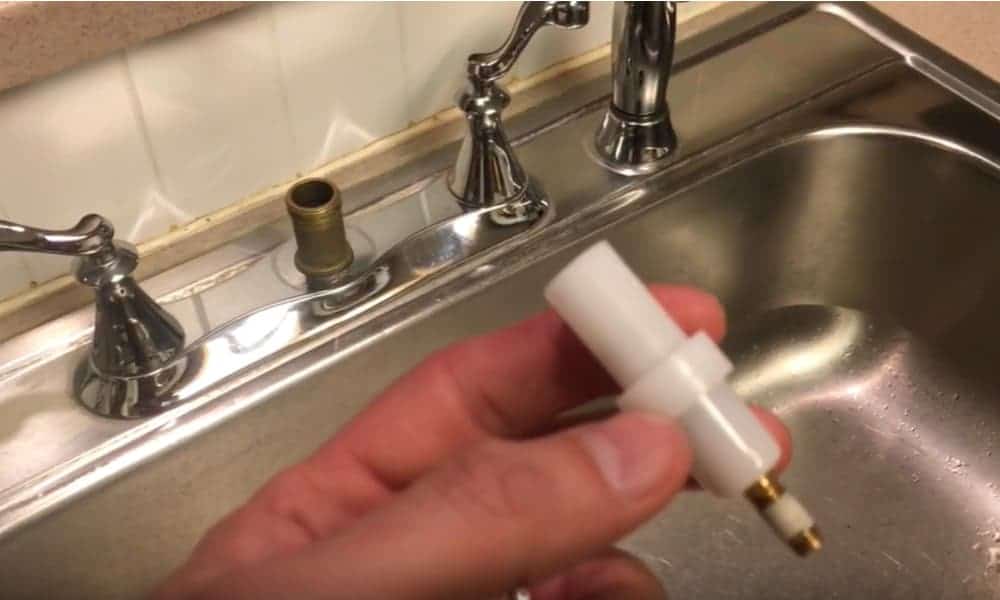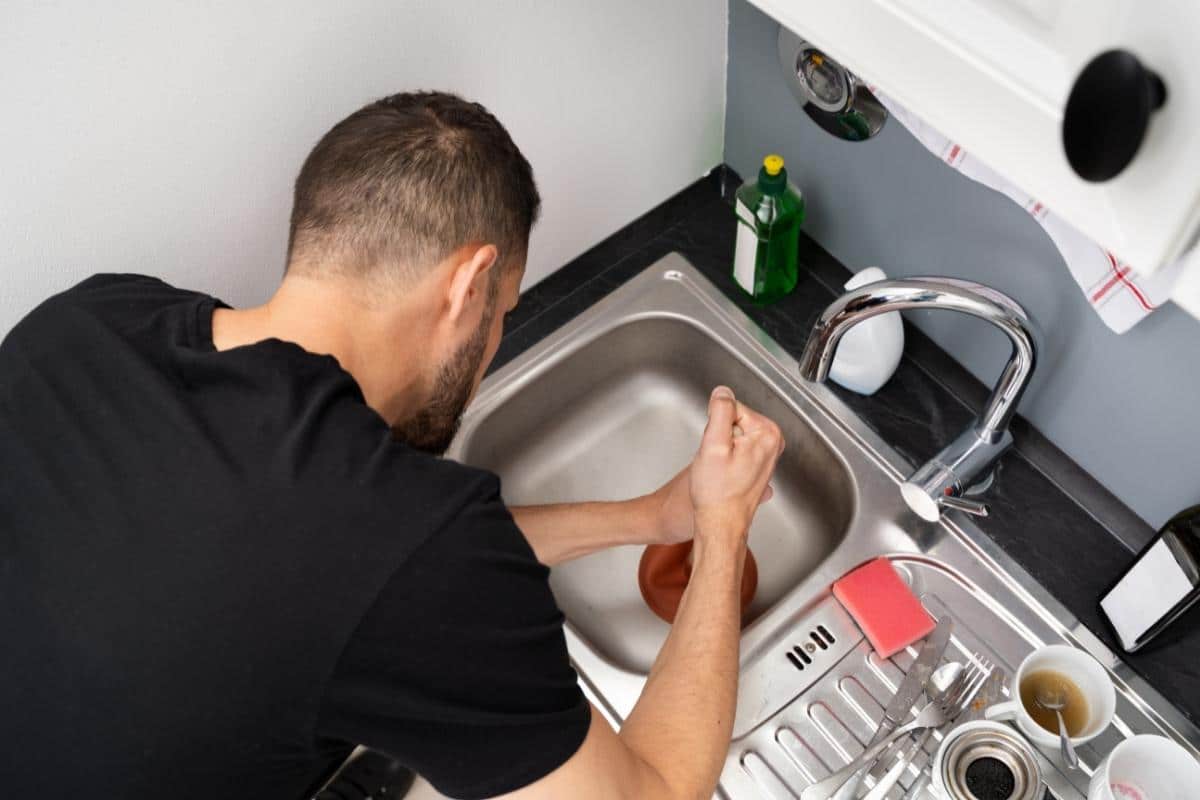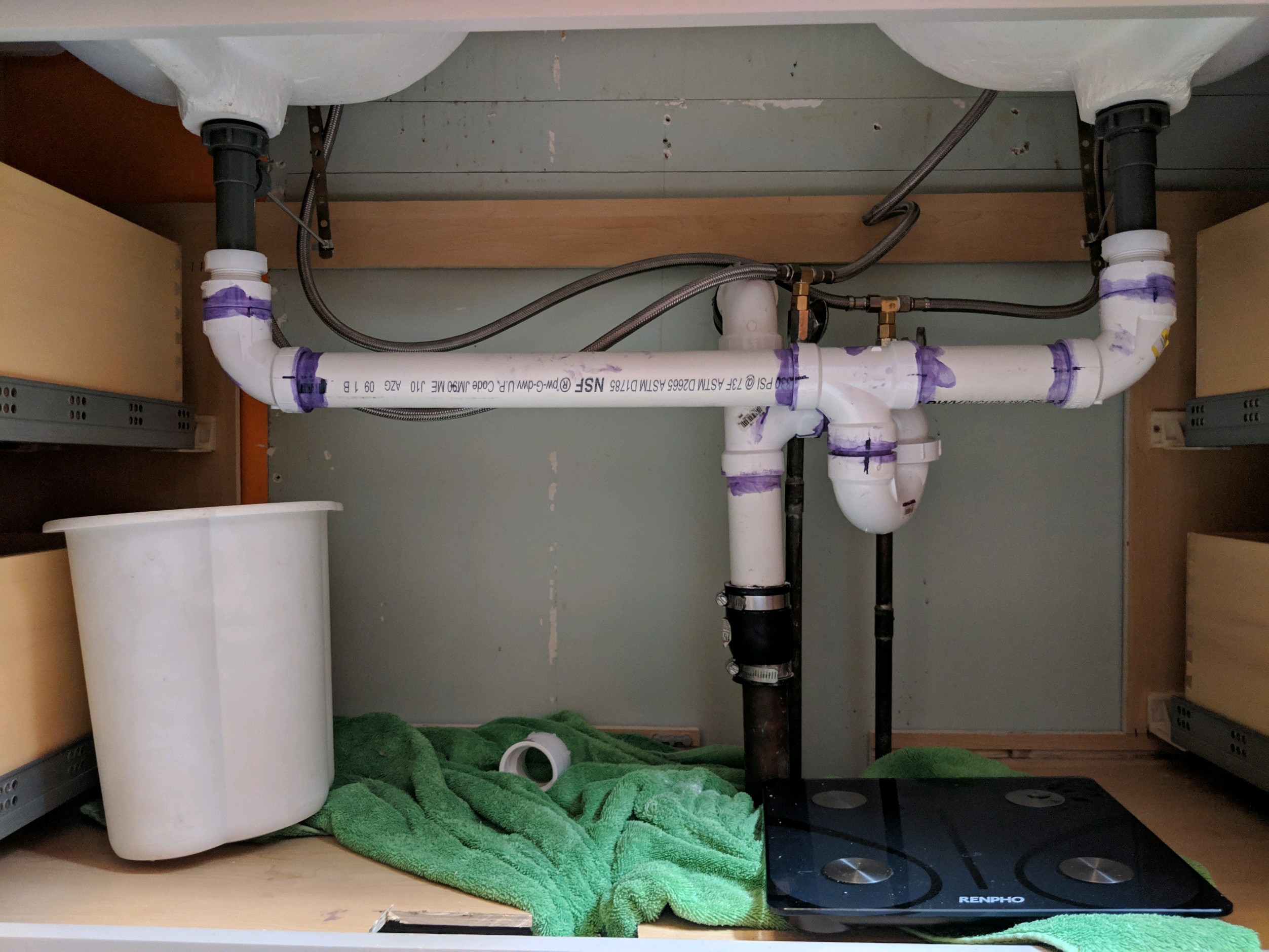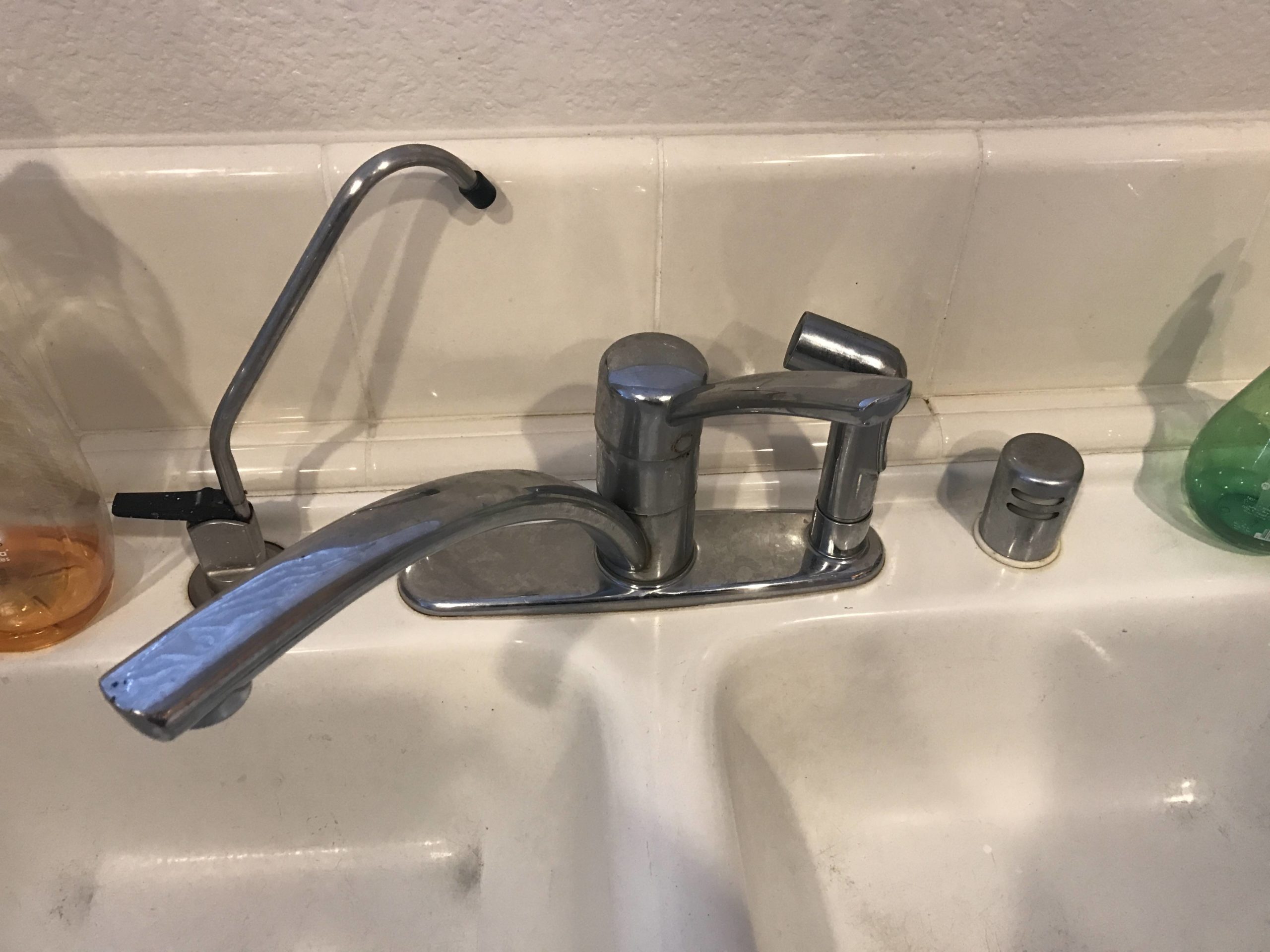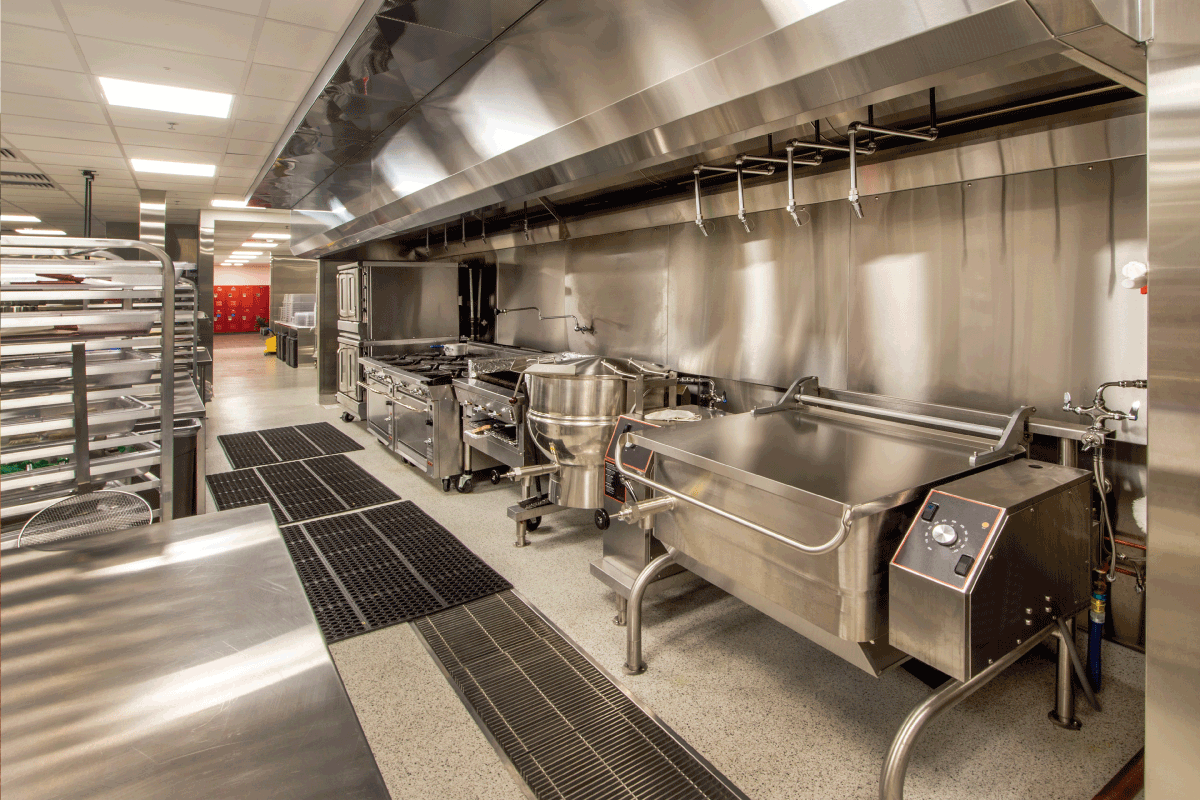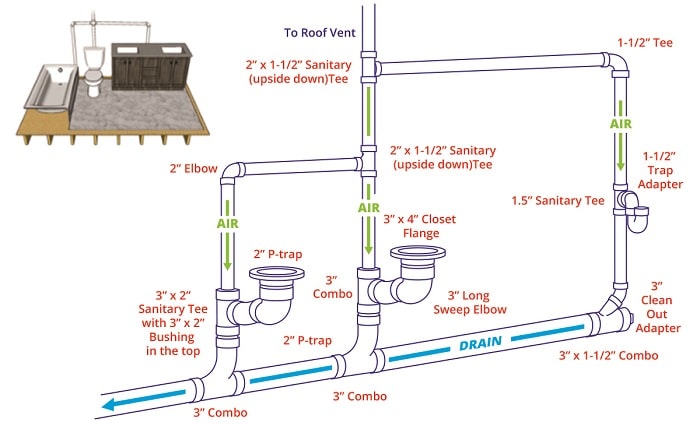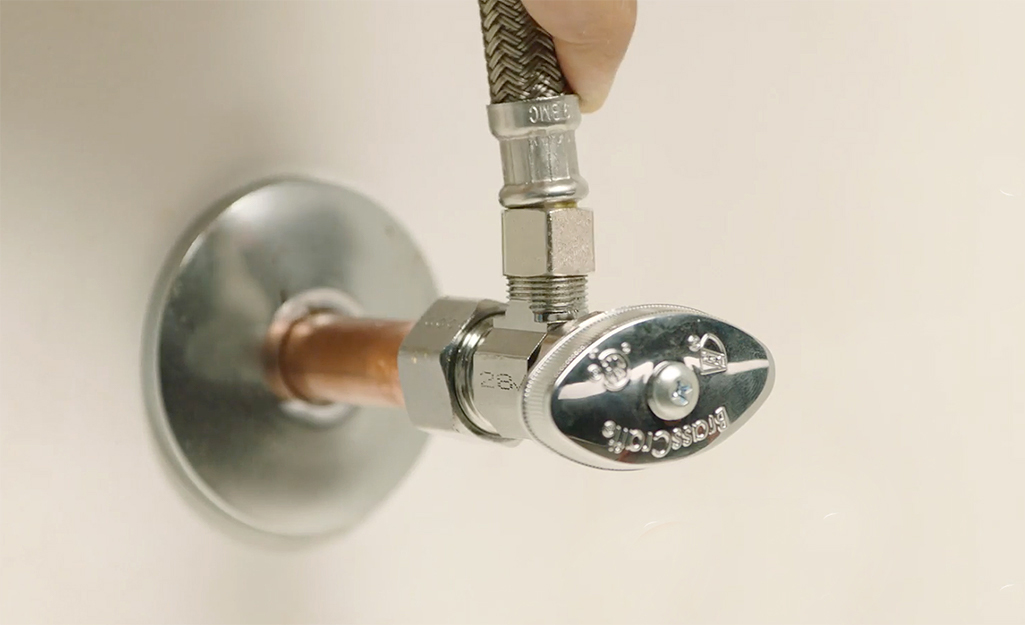If you're in the process of remodeling your kitchen or building a new home, you may be wondering if your kitchen sink needs to be vented. The simple answer is yes, all kitchen sinks require a vent. But why is a vent necessary and how do you go about venting your kitchen sink? Let's explore the answers to these questions and more.Do Kitchen Sinks Need to Be Vented?
So, how do you go about venting a kitchen sink? First, it's important to understand what a vent does. A vent allows air to flow through the plumbing system, preventing pressure from building up and allowing waste to flow freely down the drain. The most common way to vent a kitchen sink is by installing an air admittance valve (AAV). This is a one-way valve that allows air to enter the plumbing system but prevents sewer gases from escaping into your home. AAVs are typically installed under the sink or in the wall behind the sink. Another option is to install a vent pipe that exits through the roof. This is a more traditional method of venting, but it can be more difficult and costly to install, especially if your kitchen is not on an exterior wall.How to Vent a Kitchen Sink
The main reason that kitchen sinks need to be vented is to prevent sewer gases from entering your home. These gases can be harmful to your health and create unpleasant odors. Additionally, without proper venting, your sink may not drain properly and you could experience gurgling or slow draining. Another reason for venting a kitchen sink is to prevent a vacuum from forming in the plumbing system. If a vacuum occurs, it can suck water out of the trap, allowing sewer gases to enter your home. A vent allows air to enter the system, preventing this from happening.Why Do Kitchen Sinks Need to Be Vented?
If your kitchen sink is not vented, you may experience a variety of issues. The most common problem is slow draining or gurgling. Without a vent, air cannot enter the system and pressure can build up, making it difficult for water to flow down the drain. In addition, without a vent, sewer gases may enter your home. These gases are not only unpleasant, but they can also be dangerous to your health. If you notice a foul odor coming from your sink, it may be a sign that your sink is not properly vented.What Happens If a Kitchen Sink Is Not Vented?
If you're not sure if your kitchen sink is vented, there are a few ways to check. The easiest way is to look under your sink for an air admittance valve. If you see a small, cylindrical device attached to a pipe, that is likely an AAV and indicates that your sink is vented. You can also check your roof for a vent pipe. This will be a small pipe that protrudes from your roof and allows air to escape from your plumbing system. If you don't see an AAV or vent pipe, your sink may not be properly vented.How to Tell If Your Kitchen Sink Is Vented
Yes, all kitchen sinks need to be vented. This includes both single and double bowl sinks. Some people may assume that a double sink doesn't need to be vented because it has two drains, but this is not the case. Both drains still need to be vented to function properly.Do All Kitchen Sinks Need to Be Vented?
If your kitchen sink is not currently vented, you may be wondering how to install a vent. As mentioned earlier, the most common method is to install an air admittance valve under the sink or in the wall. This is a relatively simple process that can be done by a plumber or a handy homeowner. If you prefer a more traditional venting method, you will need to install a vent pipe that exits through the roof. This can be a more involved process and may require professional assistance.How to Install a Kitchen Sink Vent
The main purpose of a kitchen sink vent is to prevent sewer gases from entering your home and to allow air to enter the plumbing system. Additionally, a vent allows waste to flow freely down the drain without creating a vacuum that could suck water out of the trap. A properly vented kitchen sink will also help prevent slow draining and gurgling, making your kitchen sink more efficient and functional.What Is the Purpose of a Kitchen Sink Vent?
If you notice that your kitchen sink is not draining properly and you suspect a clogged vent, there are a few steps you can take to try and fix it. The first step is to try plunging the vent pipe, just like you would a clogged drain. This may dislodge any debris or blockages in the pipe. If plunging doesn't work, you can try using a plumbing snake to remove the clog. If you're not comfortable doing this yourself, it's best to call a plumber for assistance.How to Fix a Clogged Kitchen Sink Vent
As mentioned earlier, both single and double kitchen sinks require venting. This includes all drains and not just the main drain. So, if you have a double kitchen sink, you will need to make sure that both drains are properly vented. If you are installing a new double kitchen sink, it's important to make sure that the venting is done correctly to avoid any issues with draining or sewer gases. In conclusion, kitchen sinks do need to be vented in order to function properly and prevent harmful gases from entering your home. If you're unsure if your sink is properly vented, it's best to consult a professional plumber to ensure that your plumbing system is working efficiently and safely.Do You Need a Vent for a Double Kitchen Sink?
Why Venting Your Kitchen Sink is Essential for Your Home Design
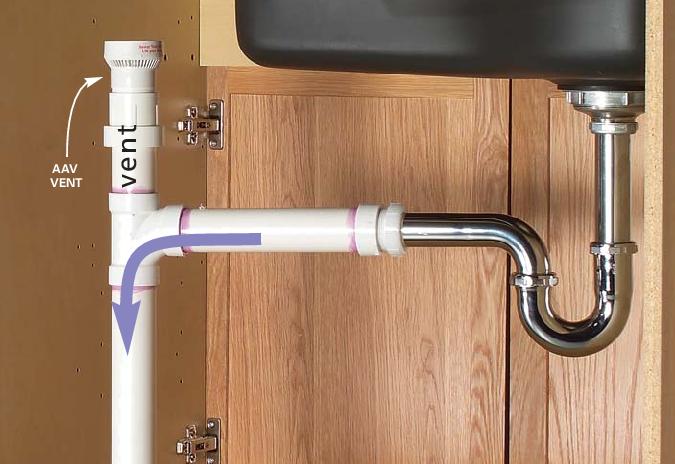
The Importance of Proper Ventilation in a Kitchen
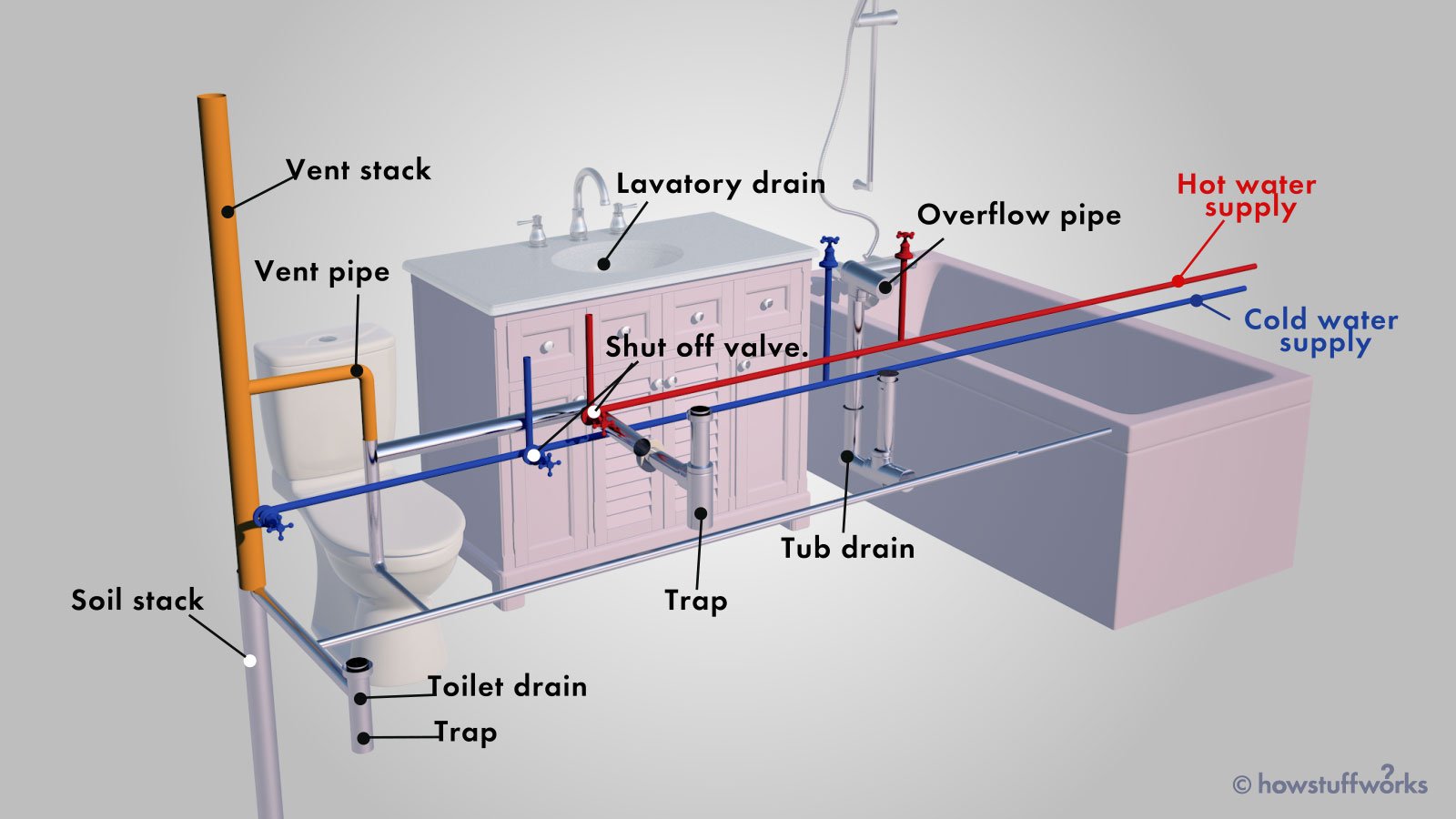 When designing a kitchen, there are a lot of things to consider. From the layout, to the color scheme, to the appliances, every detail plays a role in creating a functional and aesthetically pleasing space. However, one aspect that is often overlooked is proper ventilation. And when it comes to the kitchen sink, many homeowners wonder if it really needs to be vented. The answer is yes, and here's why.
When designing a kitchen, there are a lot of things to consider. From the layout, to the color scheme, to the appliances, every detail plays a role in creating a functional and aesthetically pleasing space. However, one aspect that is often overlooked is proper ventilation. And when it comes to the kitchen sink, many homeowners wonder if it really needs to be vented. The answer is yes, and here's why.
Preventing Unpleasant Odors
 One of the main reasons to vent your kitchen sink is to prevent unpleasant odors from lingering in your home. Without proper ventilation, food particles, grease, and other debris can build up in your pipes and create a foul smell. This can be particularly problematic if you have a garbage disposal, as it can quickly become a breeding ground for bacteria. By venting your kitchen sink, you allow these odors to escape outside instead of wafting through your home.
Related Keyword:
kitchen sink vent, kitchen sink plumbing, kitchen sink odor, garbage disposal odor
One of the main reasons to vent your kitchen sink is to prevent unpleasant odors from lingering in your home. Without proper ventilation, food particles, grease, and other debris can build up in your pipes and create a foul smell. This can be particularly problematic if you have a garbage disposal, as it can quickly become a breeding ground for bacteria. By venting your kitchen sink, you allow these odors to escape outside instead of wafting through your home.
Related Keyword:
kitchen sink vent, kitchen sink plumbing, kitchen sink odor, garbage disposal odor
Protecting Your Plumbing System
 Another important reason to have proper ventilation for your kitchen sink is to protect your plumbing system. When water flows through your pipes, it creates air pressure. Without a vent, this pressure can build up and cause problems such as slow drainage, gurgling sounds, and even burst pipes. A properly installed vent allows air to flow in and out of the system, maintaining proper pressure and preventing any potential damage.
Related Keyword:
kitchen sink drainage, plumbing ventilation, burst pipes
Another important reason to have proper ventilation for your kitchen sink is to protect your plumbing system. When water flows through your pipes, it creates air pressure. Without a vent, this pressure can build up and cause problems such as slow drainage, gurgling sounds, and even burst pipes. A properly installed vent allows air to flow in and out of the system, maintaining proper pressure and preventing any potential damage.
Related Keyword:
kitchen sink drainage, plumbing ventilation, burst pipes
Complying with Building Codes
 In addition to the practical benefits, properly venting your kitchen sink is also required by building codes in most areas. These codes are in place to ensure the safety and functionality of your home's plumbing system. Not complying with these codes can result in failed inspections and potential legal issues. Therefore, it is important to consult with a professional plumber and follow the necessary guidelines when installing your kitchen sink vent.
Related Keyword:
building codes, plumbing regulations, professional plumber
In addition to the practical benefits, properly venting your kitchen sink is also required by building codes in most areas. These codes are in place to ensure the safety and functionality of your home's plumbing system. Not complying with these codes can result in failed inspections and potential legal issues. Therefore, it is important to consult with a professional plumber and follow the necessary guidelines when installing your kitchen sink vent.
Related Keyword:
building codes, plumbing regulations, professional plumber
The Different Types of Kitchen Sink Ventilation
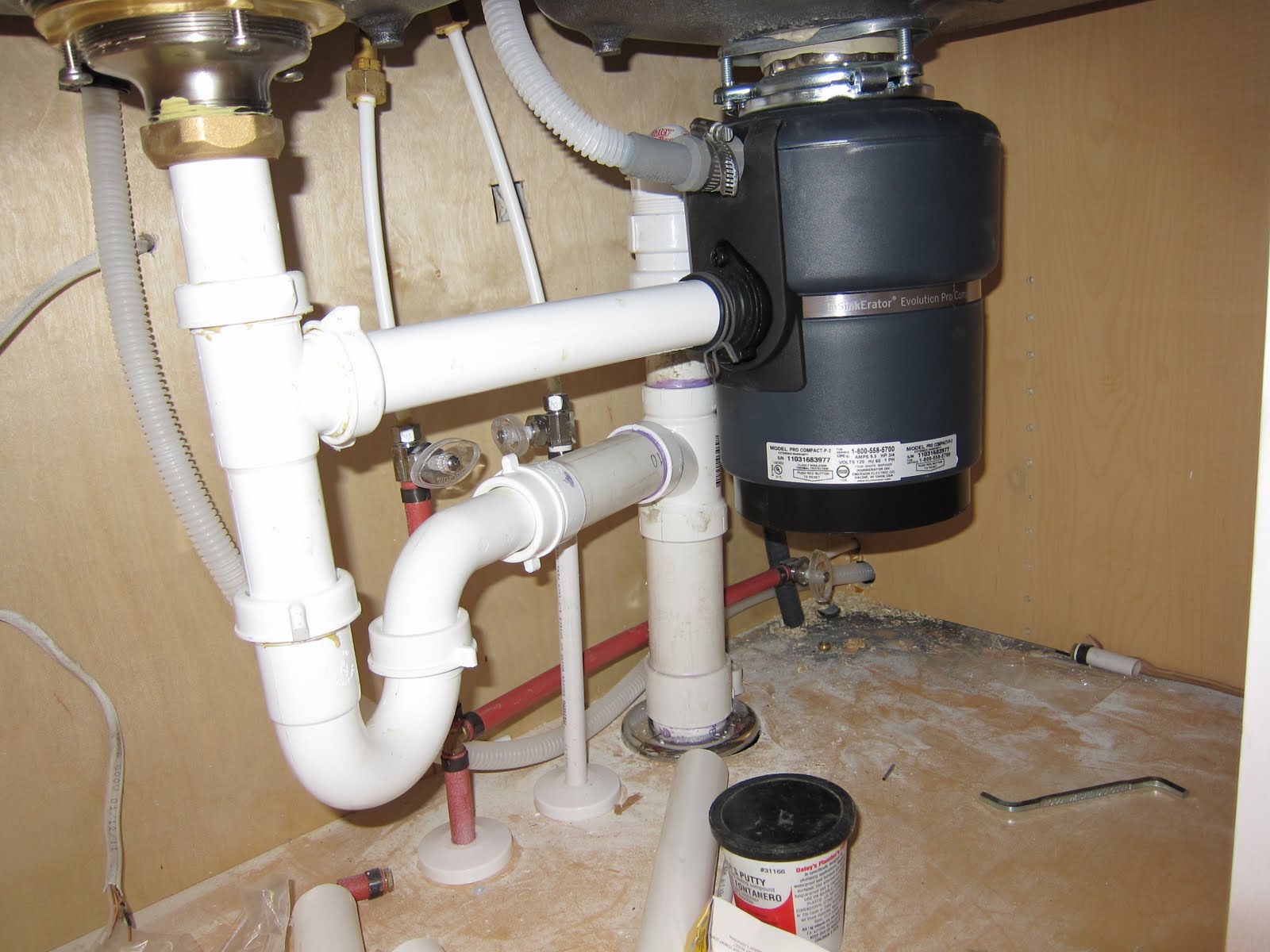 There are various ways to vent your kitchen sink, depending on your home's layout and plumbing system. The most common method is to install a vent pipe that connects to your sink's drain line and extends to the roof of your house. This allows for proper air flow and ensures that any unpleasant odors are directed outside. Other options include air admittance valves and under-sink vents, which may be suitable for certain setups. It is best to consult with a professional to determine the most effective and appropriate ventilation method for your kitchen sink.
Related Keyword:
vent pipe, air admittance valve, under-sink vent, professional consultation
There are various ways to vent your kitchen sink, depending on your home's layout and plumbing system. The most common method is to install a vent pipe that connects to your sink's drain line and extends to the roof of your house. This allows for proper air flow and ensures that any unpleasant odors are directed outside. Other options include air admittance valves and under-sink vents, which may be suitable for certain setups. It is best to consult with a professional to determine the most effective and appropriate ventilation method for your kitchen sink.
Related Keyword:
vent pipe, air admittance valve, under-sink vent, professional consultation
In Conclusion
 In conclusion, proper ventilation for your kitchen sink is crucial for maintaining a functional and pleasant home. It prevents odors, protects your plumbing system, and ensures compliance with building codes. With various options available, it is important to consult with a professional to determine the best ventilation method for your specific kitchen sink setup. So when designing your dream kitchen, don't forget to include proper ventilation for your sink.
In conclusion, proper ventilation for your kitchen sink is crucial for maintaining a functional and pleasant home. It prevents odors, protects your plumbing system, and ensures compliance with building codes. With various options available, it is important to consult with a professional to determine the best ventilation method for your specific kitchen sink setup. So when designing your dream kitchen, don't forget to include proper ventilation for your sink.



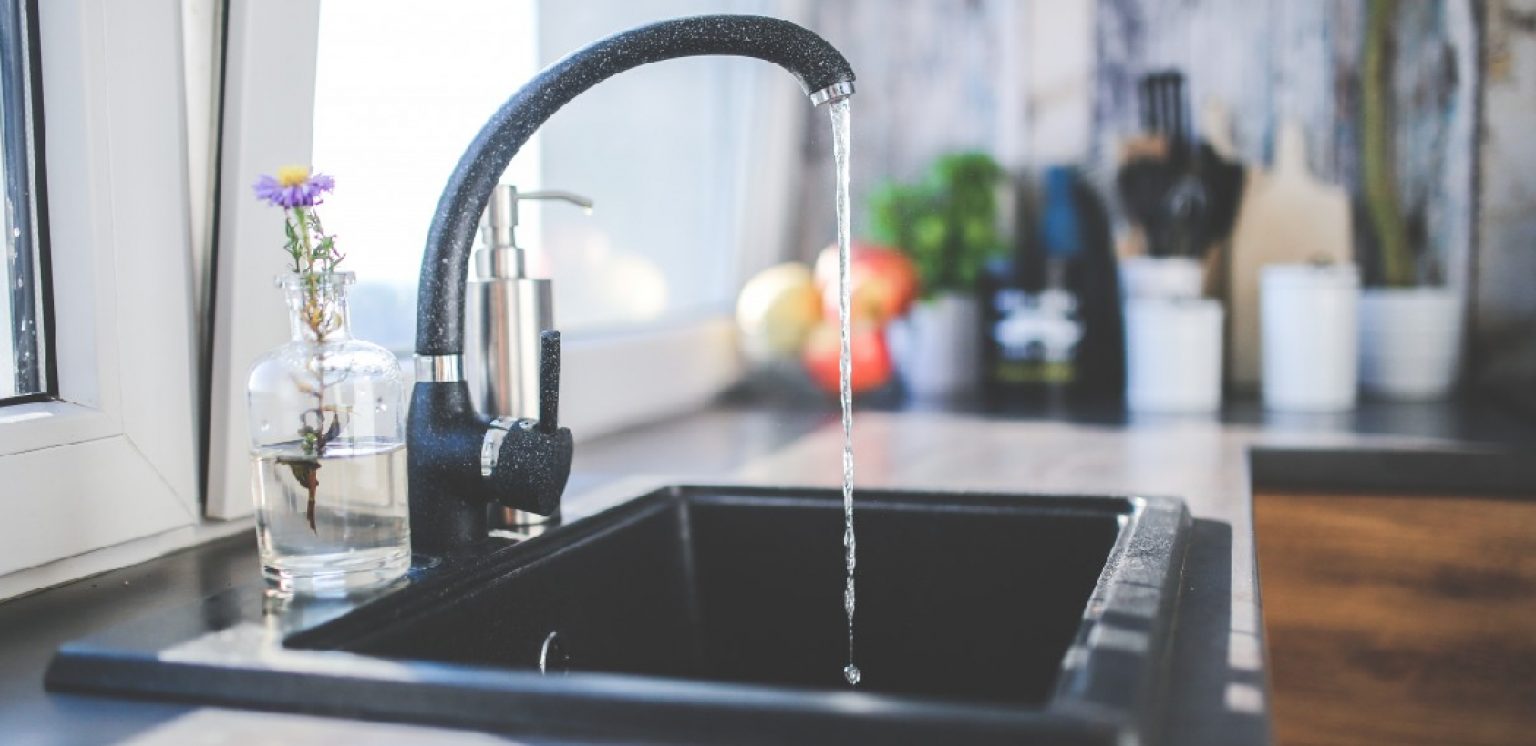
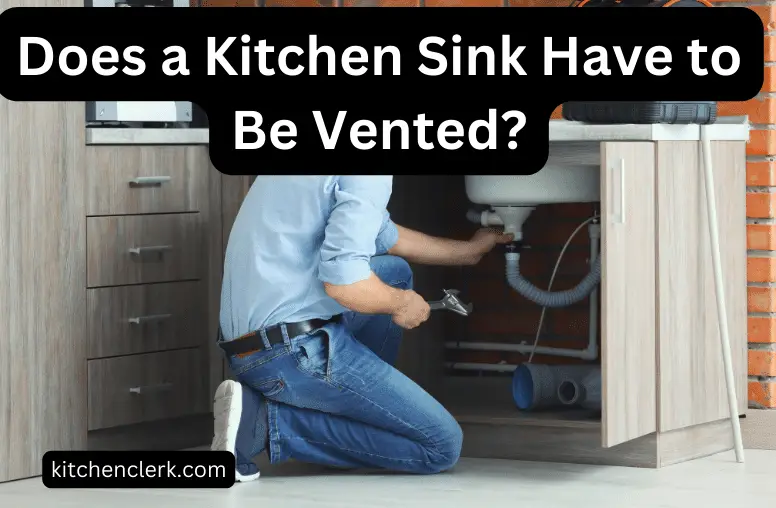

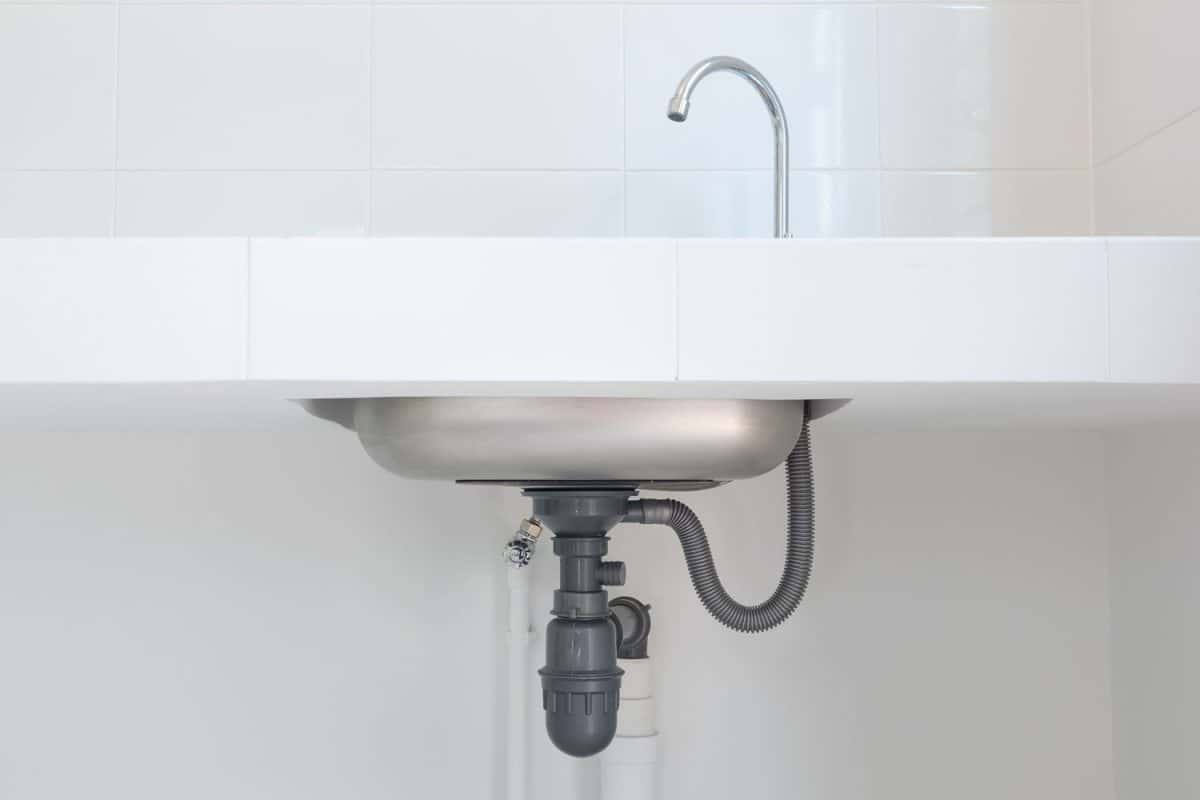
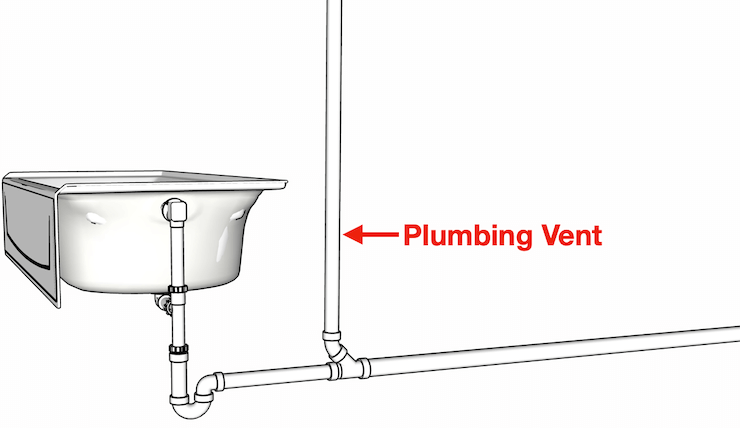
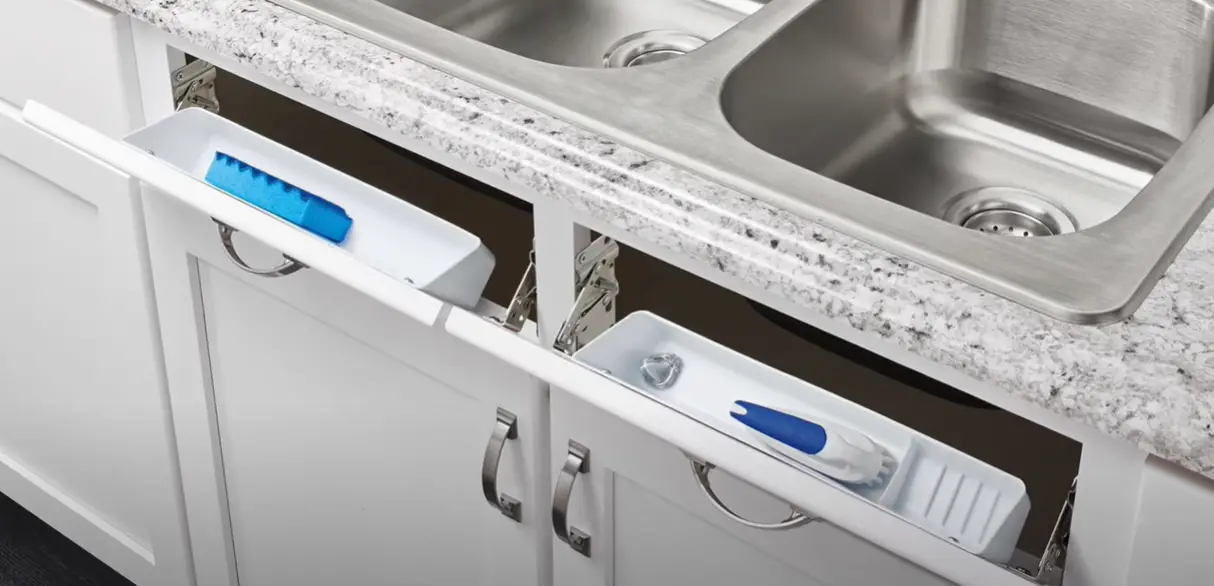



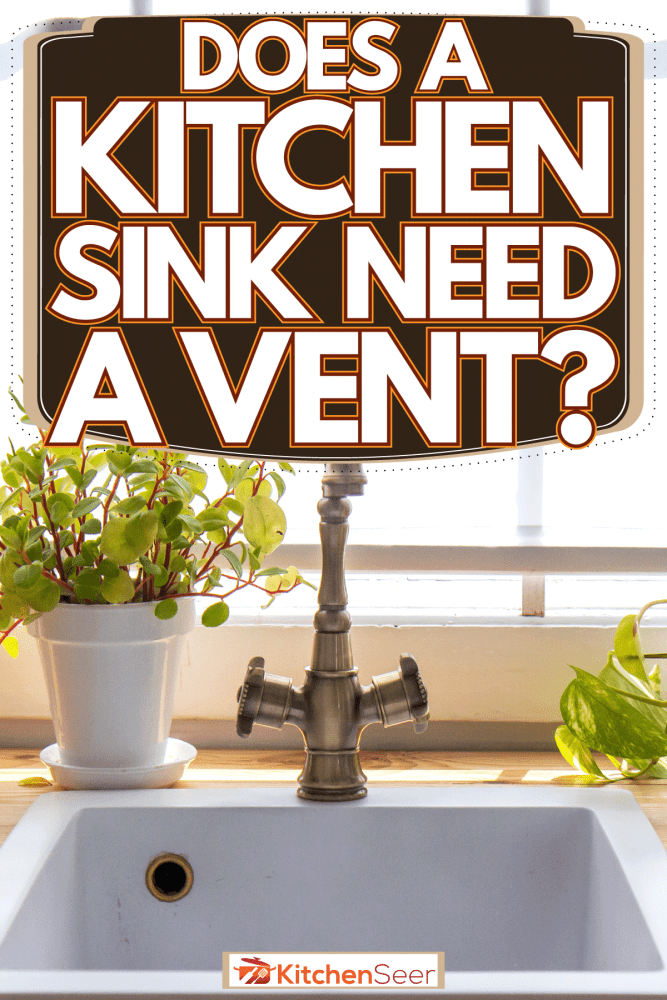









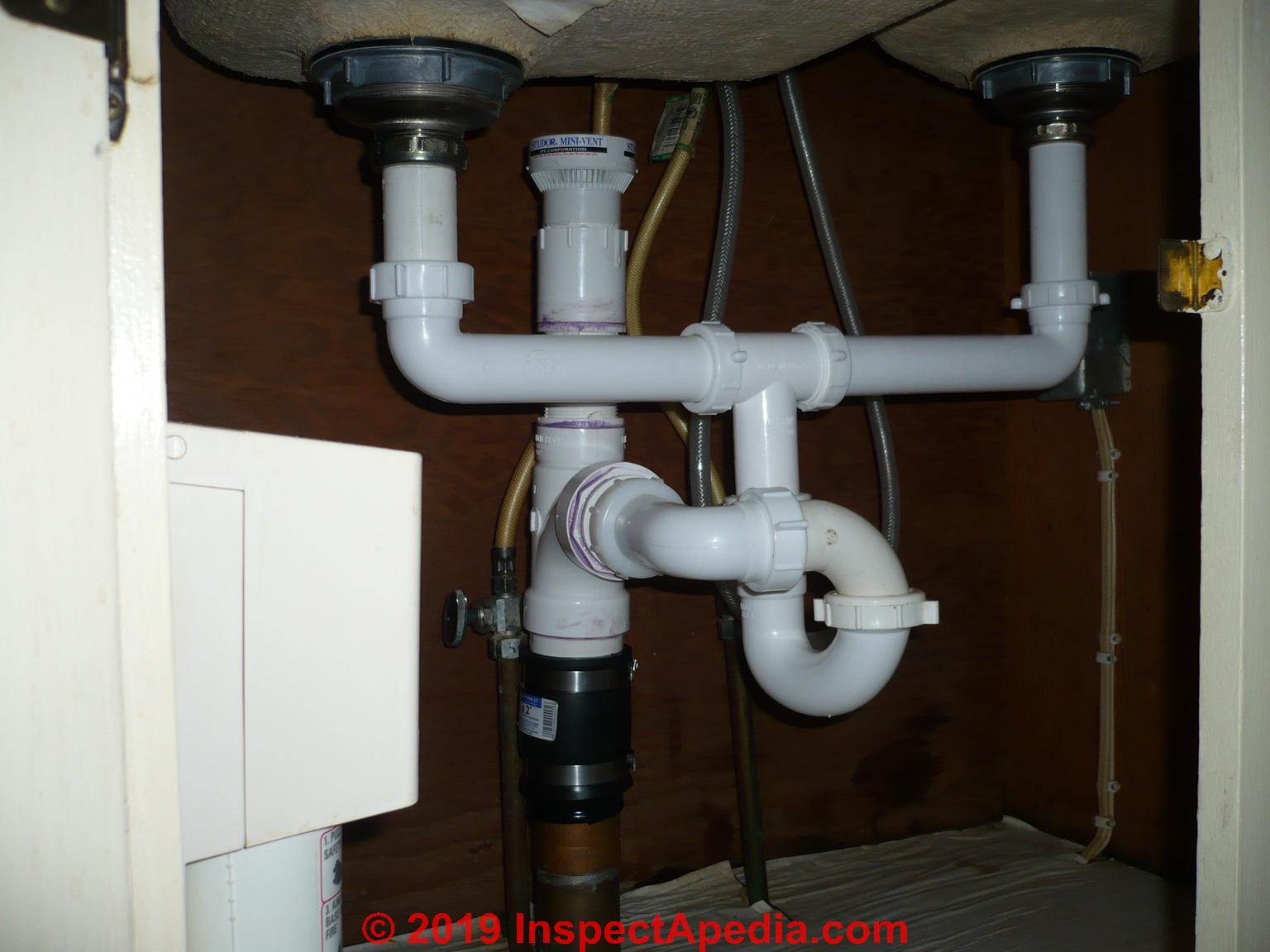


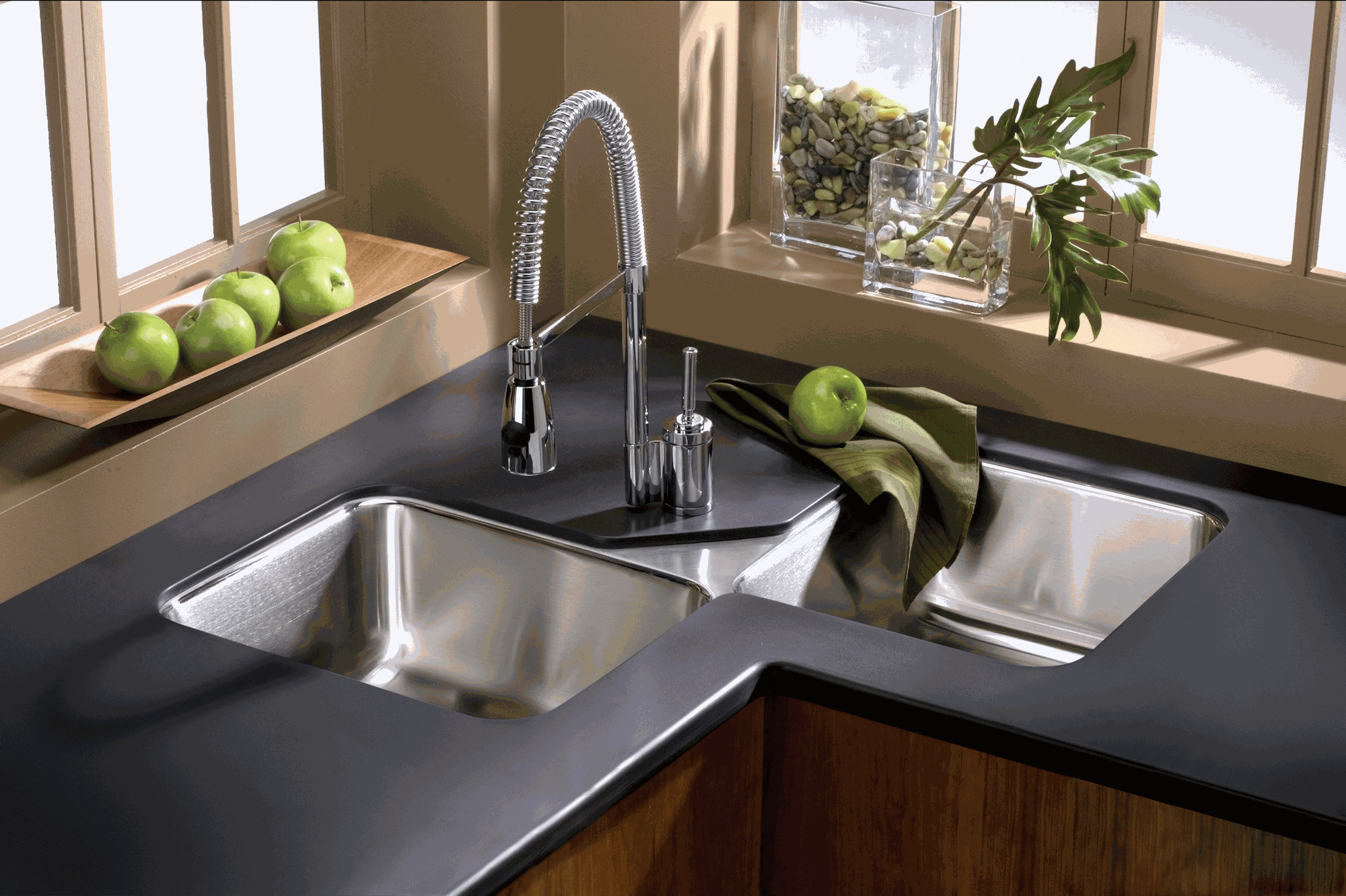

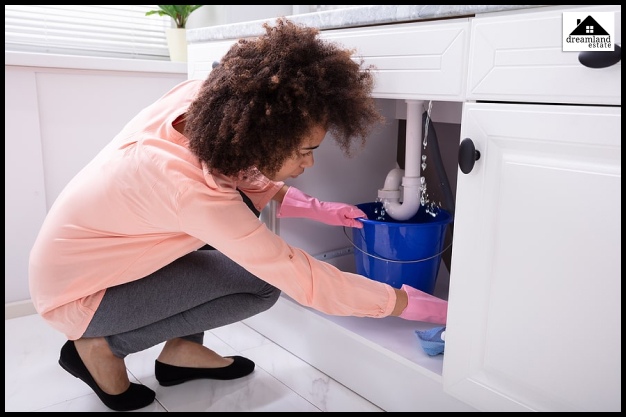


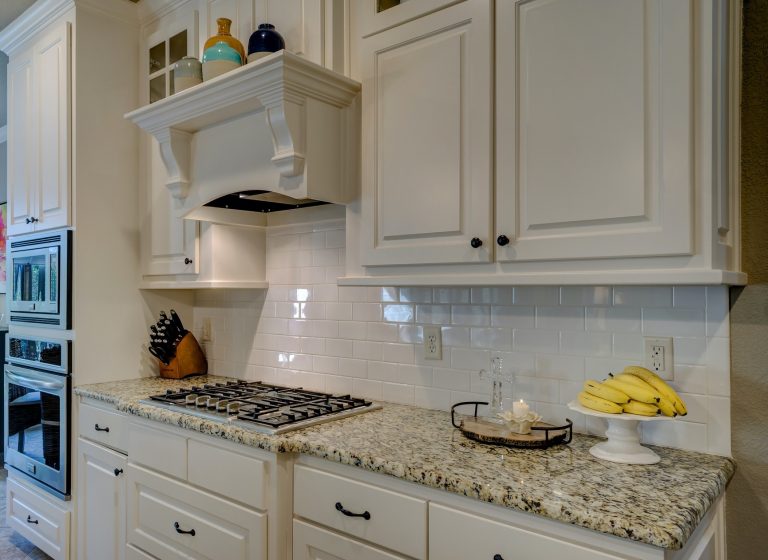
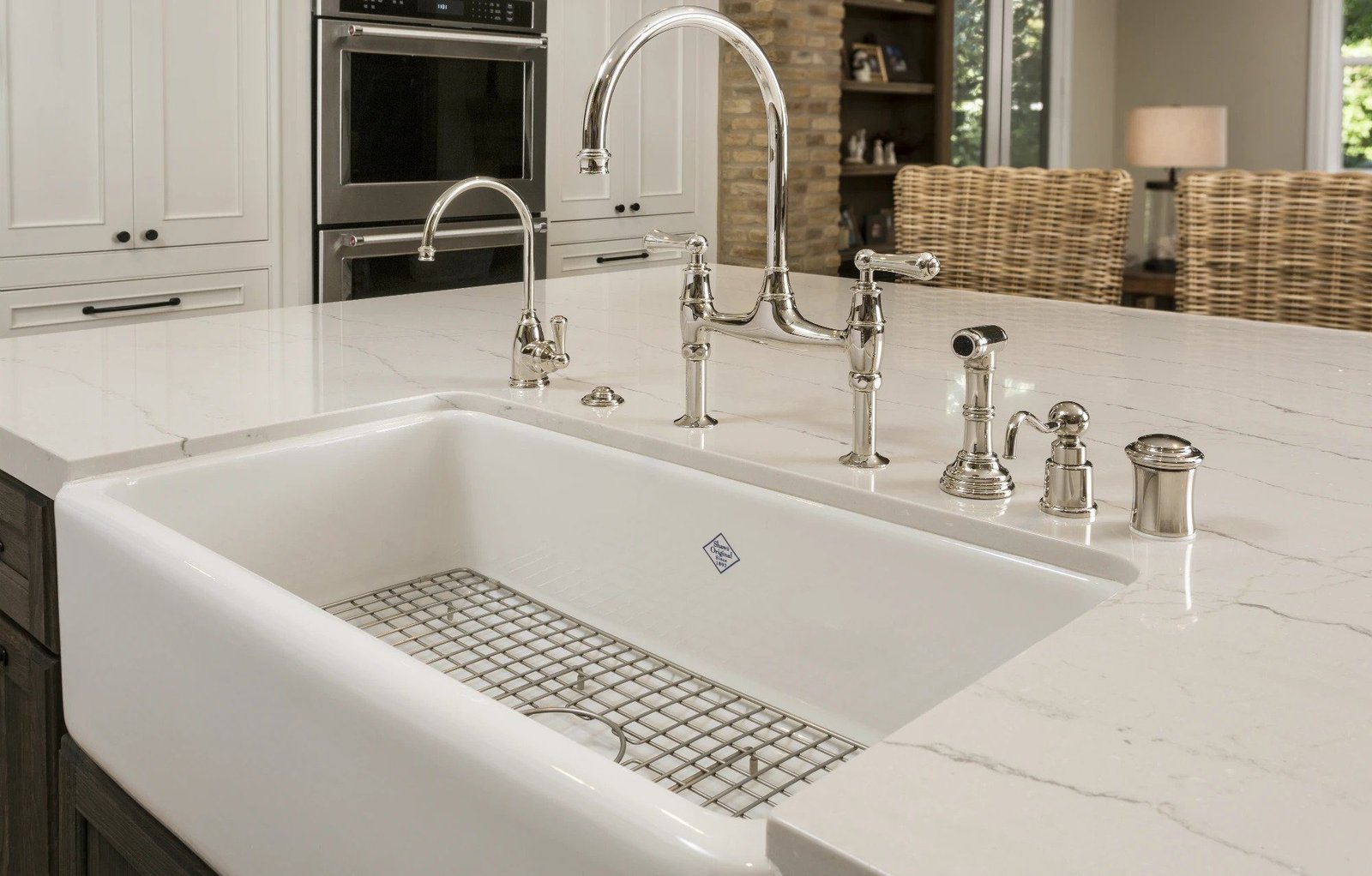
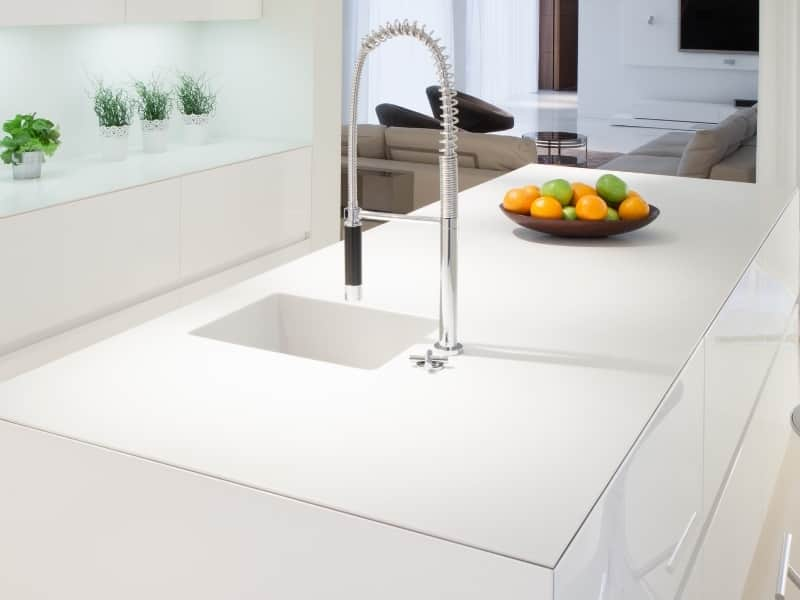

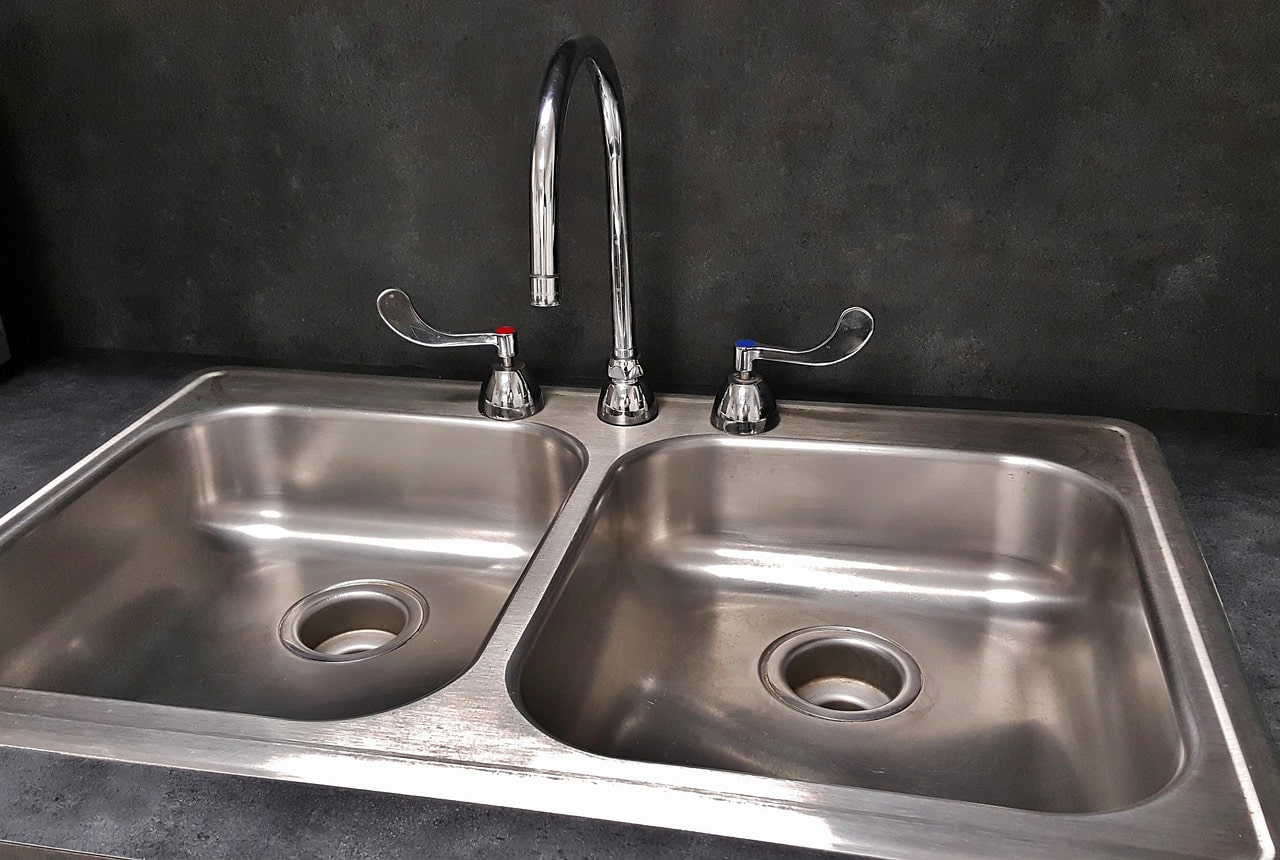





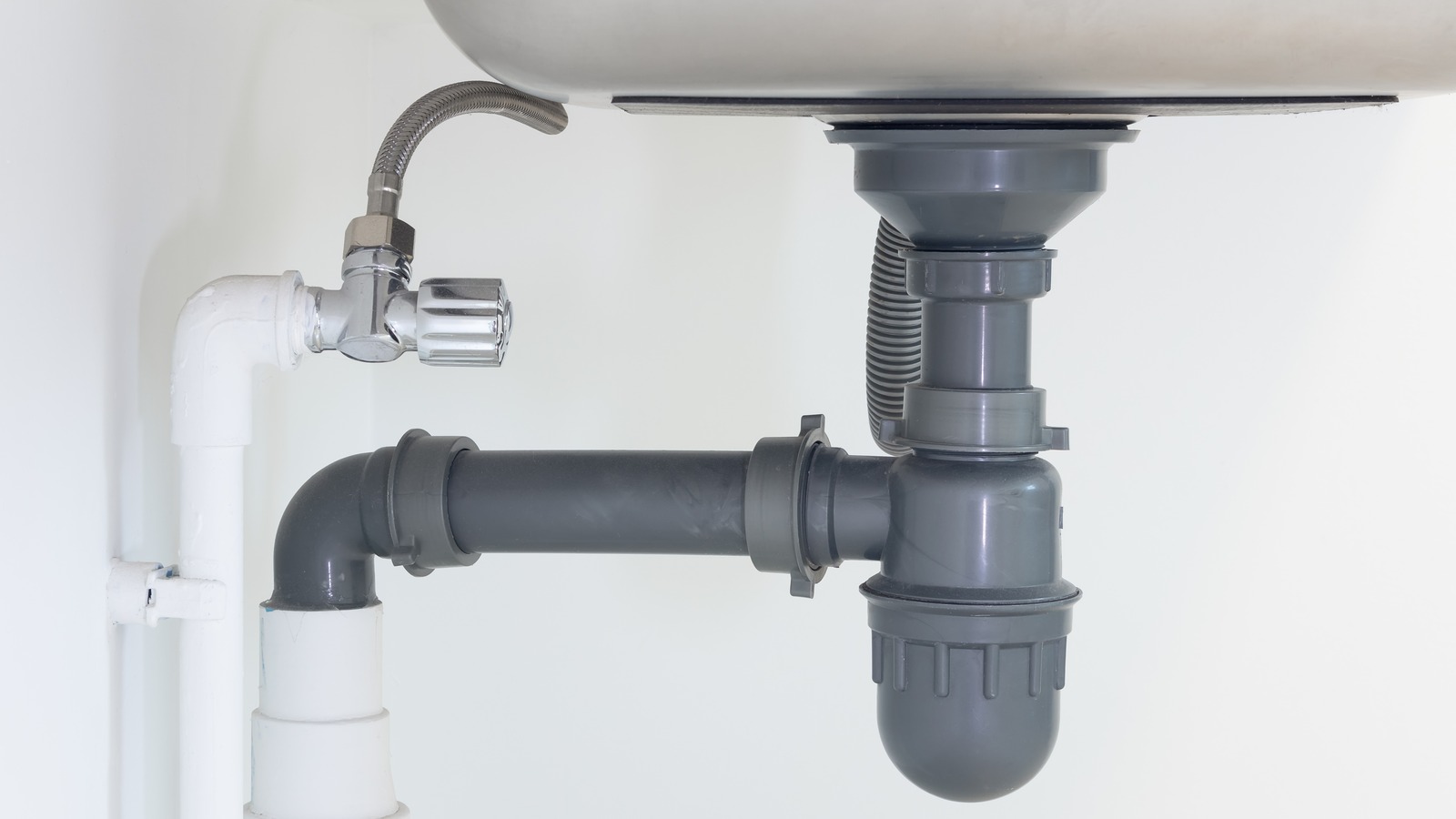







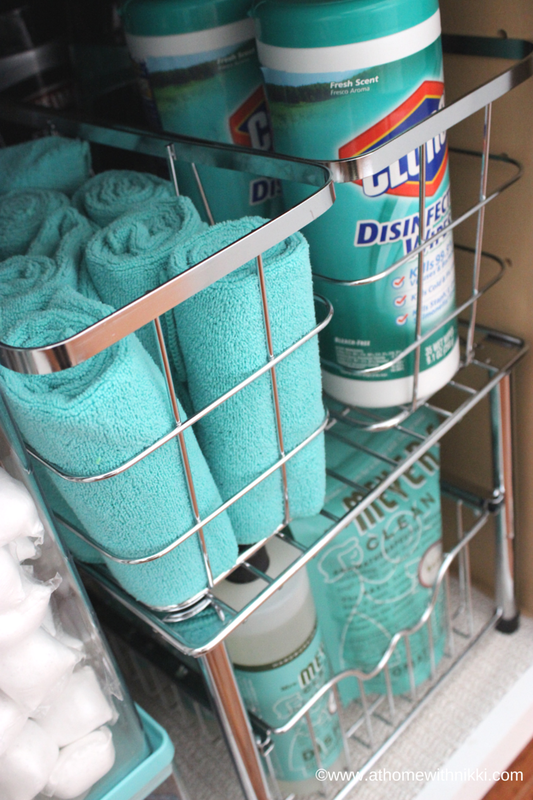




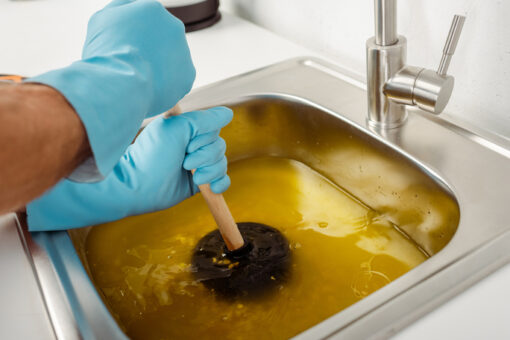



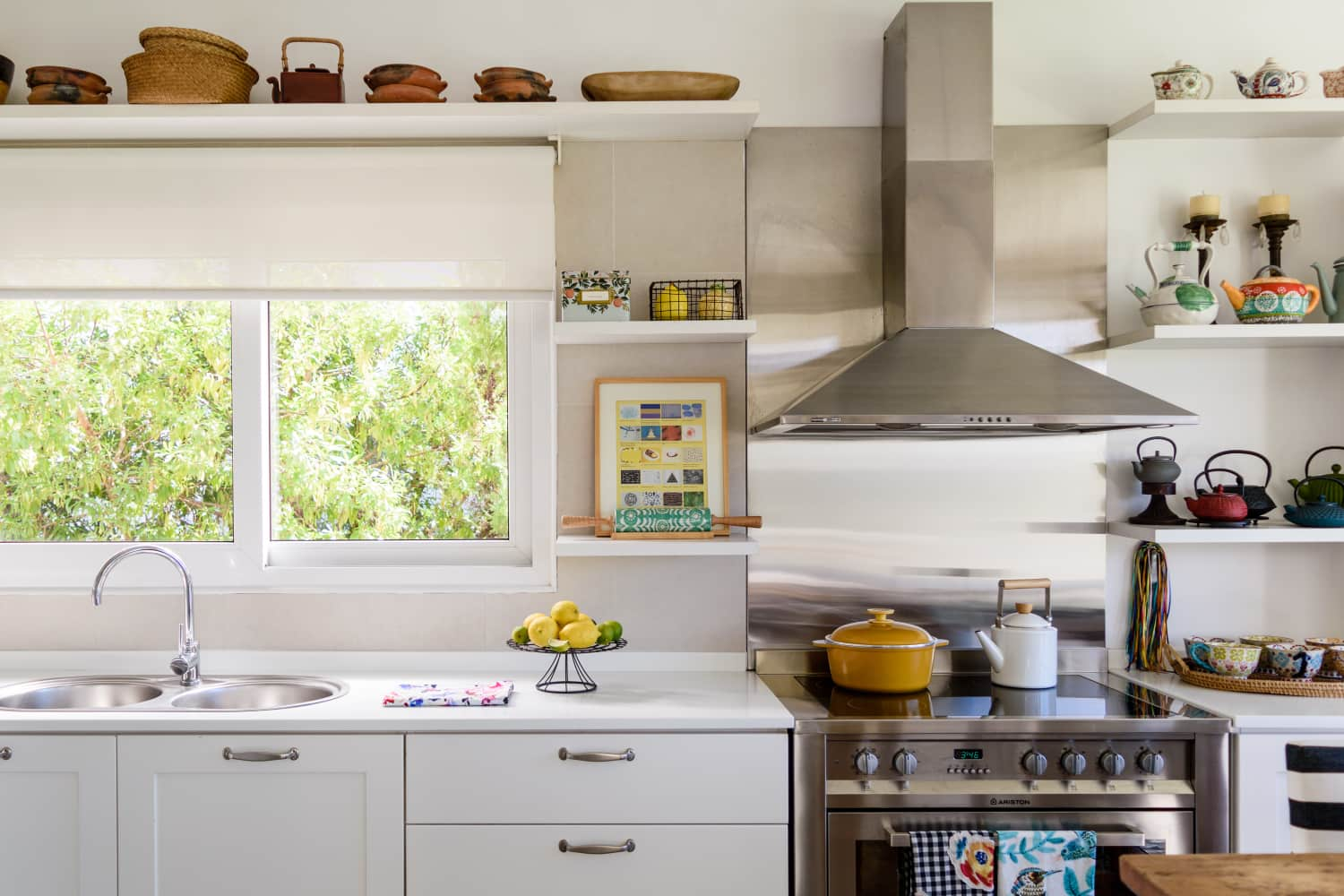
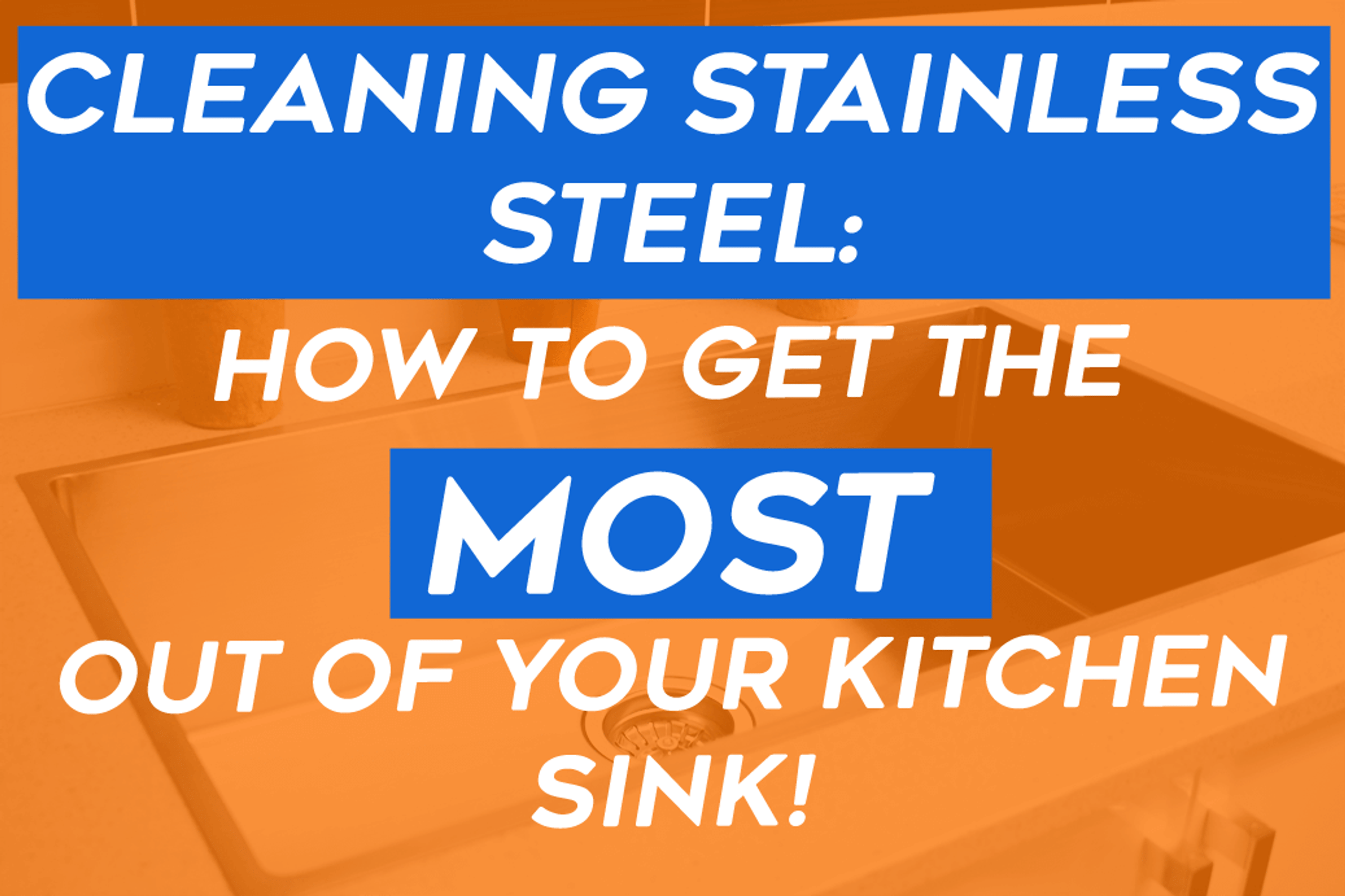







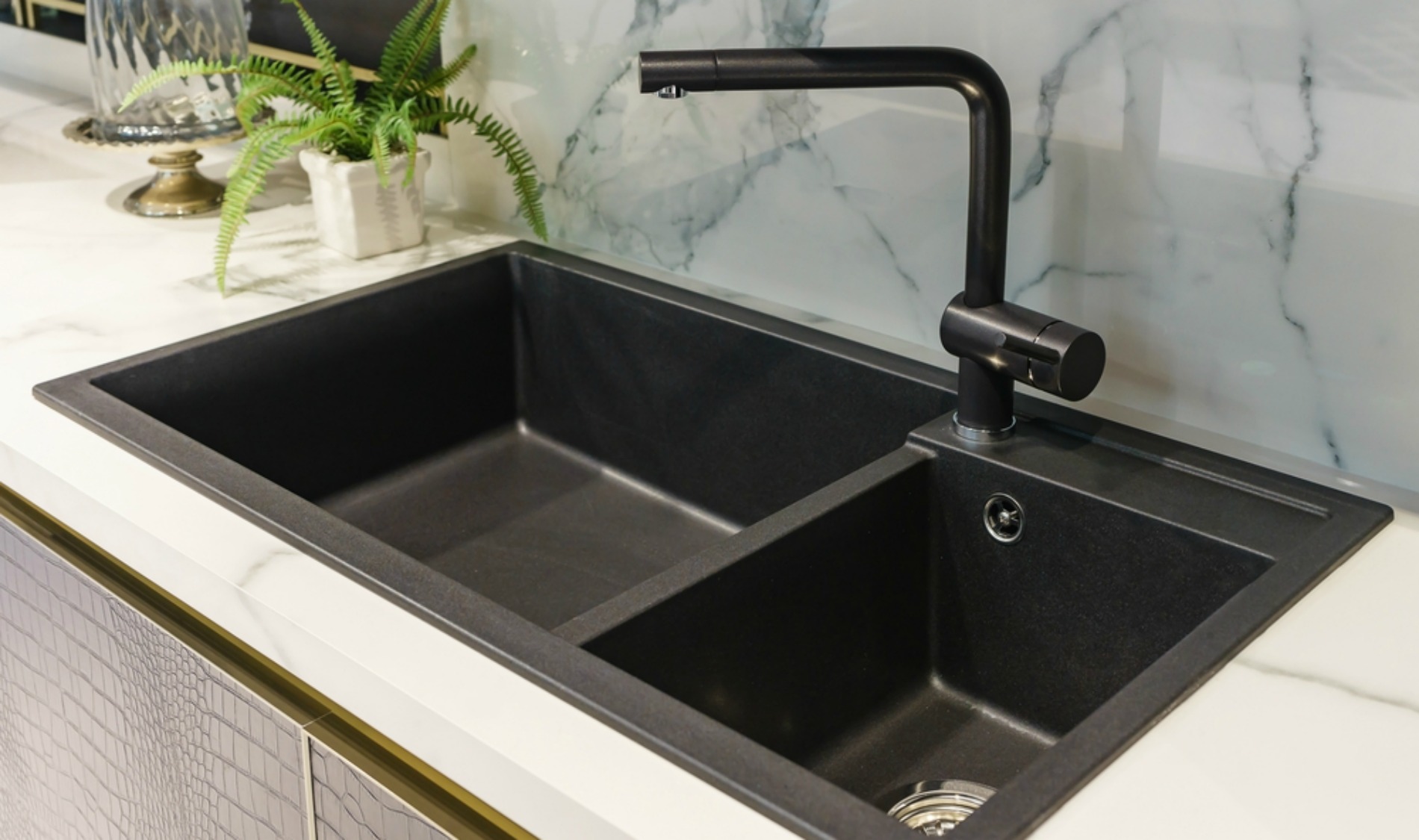
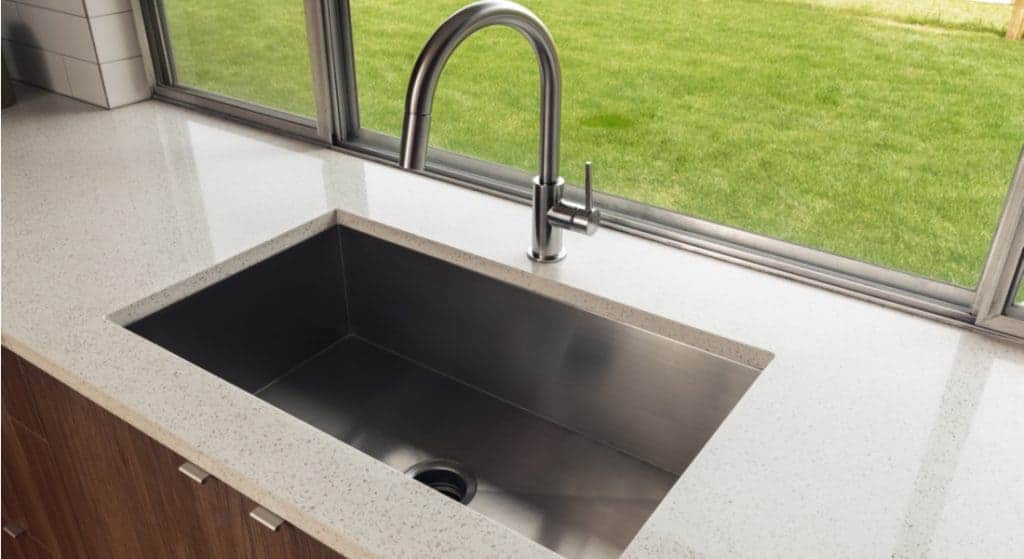




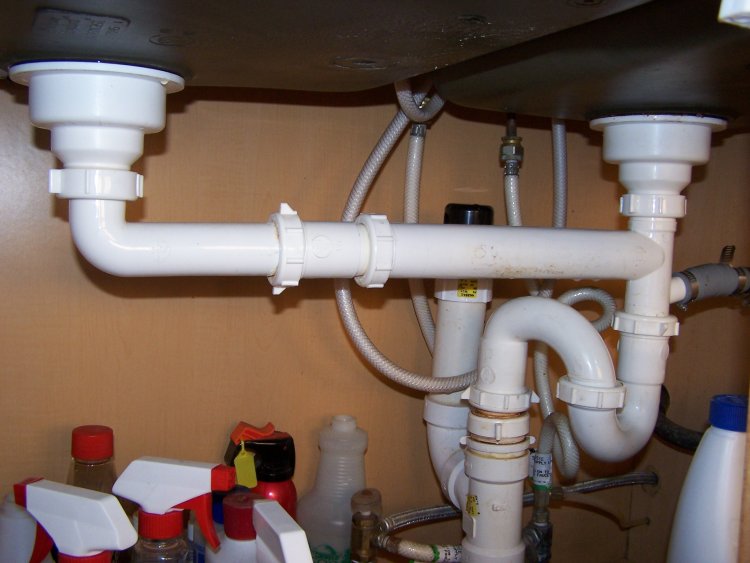
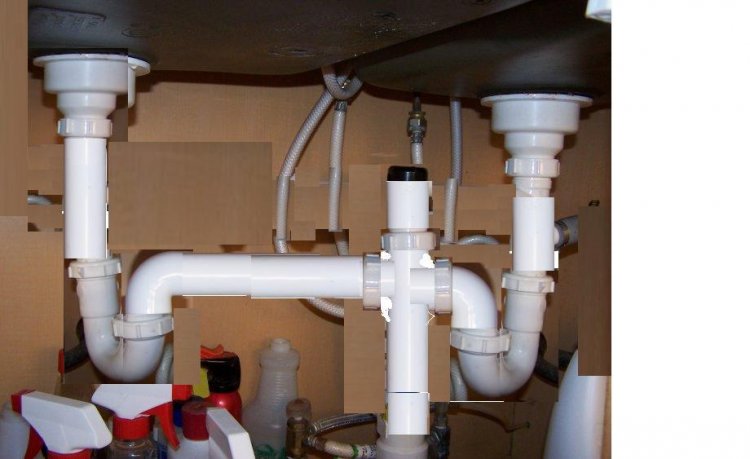


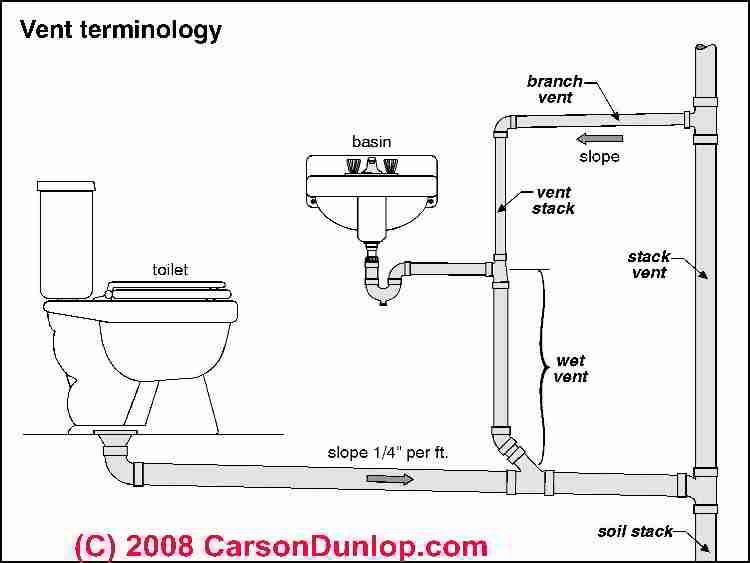

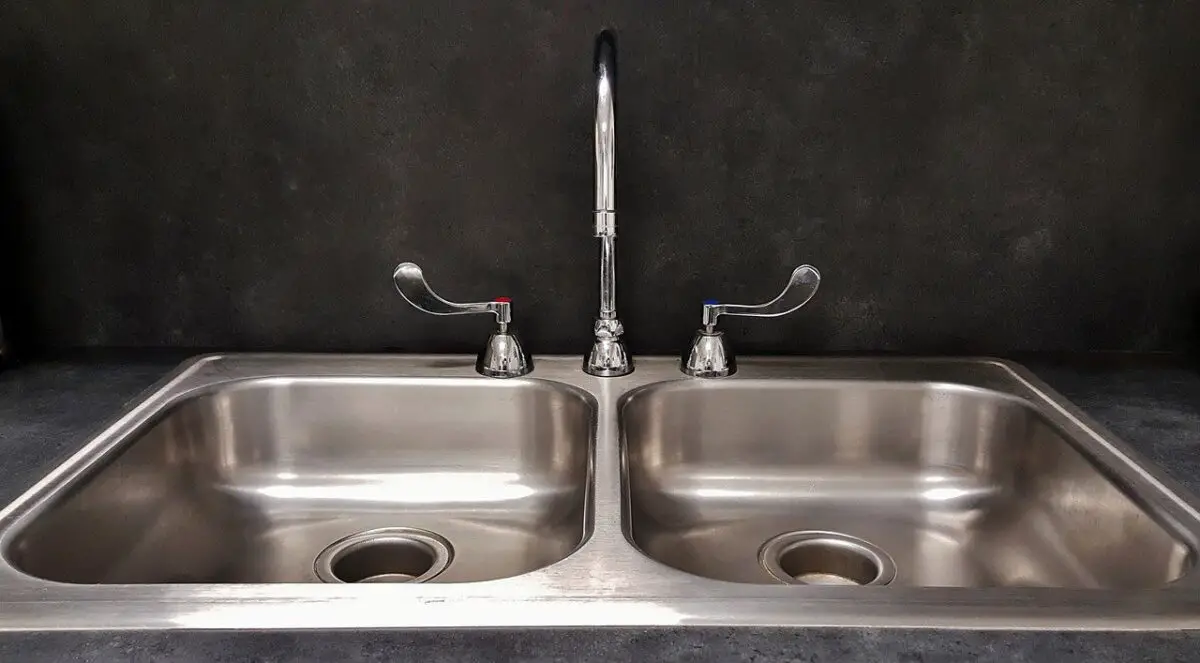

:max_bytes(150000):strip_icc()/sink-vent-installing-an-auto-vent-2718828-03-7d2c3b9c51024155a1ea47f7ae35cadd.jpg)

